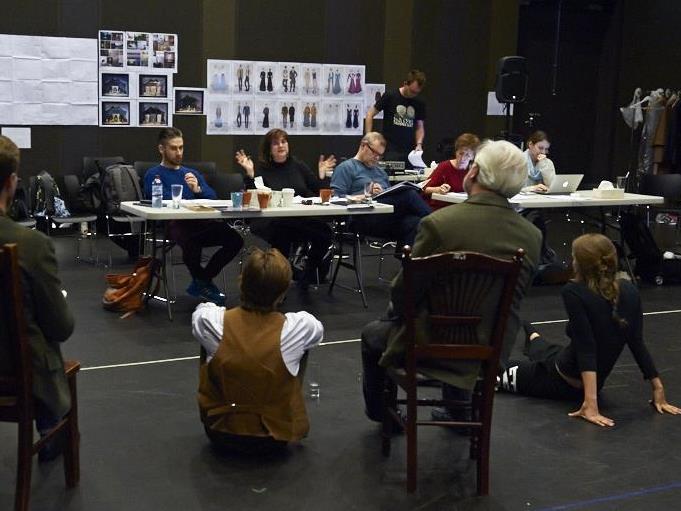Image: Kate Cherry in rehearsals for The Seagull by Anton Chekhov (in a new adaptation by Hilary Bell) at State Theatre Centre WA. Photo: Gary Marsh Photography.
The director’s role is a complex one, and their skill-set must be expansive. Directors need the ability to not only read a script but draw out new aspects of the writing; they must possess the knack of being able to observe a production in its entirety, from the smallest detail to the grandest gesture, and ensure that all elements serve the whole; they require communications skills that can balance tact with bluntness when required.





